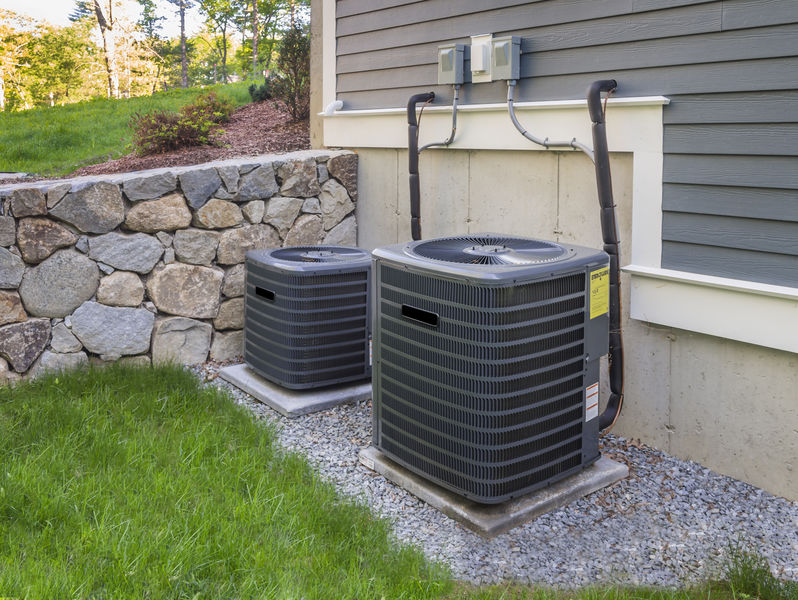
A HVAC zoning system divides your house into sections known as ‘zones’ with their particular set of programming and controls unlike a single temperature setting for the entire rooms in your house. This article discusses the things you need to know about HVAC zoning systems and their benefits.
How HVAC Zoning Systems Work
HVAC zoning system provides the ability to control the temperature of particular rooms that require heating or cooling. This means that conditioned air is not allowed to zones that do not require it because it would waste energy that could have been put into good use. A zoning system uses a series of components starting with motorized dampers that can be opened and closed when triggered by zone thermostats.
The dampers can either be installed at the air outlets of different rooms or inserted into the ducts. Multiple dampers can control a single zone if they serve a single zone or room. Each zone controls the heating, cooling and air conditioning systems for a particular zone using a thermostat. Dampers and zone thermostats are wired into a central control panel, which is then connected to the thermostat links located on the HVAC unit.
The control panel makes it possible for the unit to be controlled with several thermostats. The panel takes the first call from any zone when each thermostat initiates the call for heating or cooling and shuts off the heat pump when all demands are satisfied.
Is It Possible to Convert Your Existing System?
HVAC zoning systems are not very different from what you already have. However, they have multiple zones with dampers that direct heating and cooling to the sections of your home that you dictate. Multiple rooms have varying panels that allow each room to be controlled independently. The thermostat is operated by the control panel, which directs the dampers to the specified rooms giving you control on where you want the heating and cooling. It is possible to convert your existing system to HVAC zoning with a few additions and modifications. To achieve this, some of the components that need to be added include dampers, thermostat sensors, and control panels.
Benefits of HVAC Zoning
- Convenience
Zoned systems give you more control over the amount of energy that can be used by each room as they have their thermostat. It is extremely convenient to control the temperature of different rooms in your home with a switch of a button. The thermostat can be adjusted to the size of each room and they can be operated remotely. You can make immediate adjustments during temperature fluctuations or if the weather changes faster than you expected.
- Long Lifespan For Your Zoned System
The HVAC system will not have to work harder than before to maintain a constant temperature throughout your home since you will have independent thermostats for each zone. Minimizing the temperature in areas of your home that do not require heating or cooling reduces the draw on the overall system. This, in turn, exerts less stress on the unit, which extends the lifespan of the entire system.
- Increased Energy Efficiency
Rooms that are used often can be partitioned with a thermostat in their zones to control the temperature directly. This allows you to cut down your energy use by keeping that zone cooler in the winter and warmer in the summer thus saving on money and electricity. Since your HVAC system will not be heating or cooling the entire house, less energy will be used which translates to lower electricity bills.
- Better Indoor Air Quality
HVAC zoning systems do not allow much air travel around your home as they keep different zones separate. This helps to keep out mold, pet dander, pollen, dust, and other contaminants from spreading easily throughout your home. It could also prevent health problems such as eye irritation, allergy symptoms, and asthma from people whose immune systems are more vulnerable to airborne elements.
HVAC zoning allows you to save energy by heating or cooling rooms that need it saving both energy and electricity bills. It is still possible to convert your existing HVAC system to allow you to enjoy the benefits of zoning. The investment required for such installation may vary depending on your house needs but the benefits you get from a manageable system outweighs the costs involved during installation.
